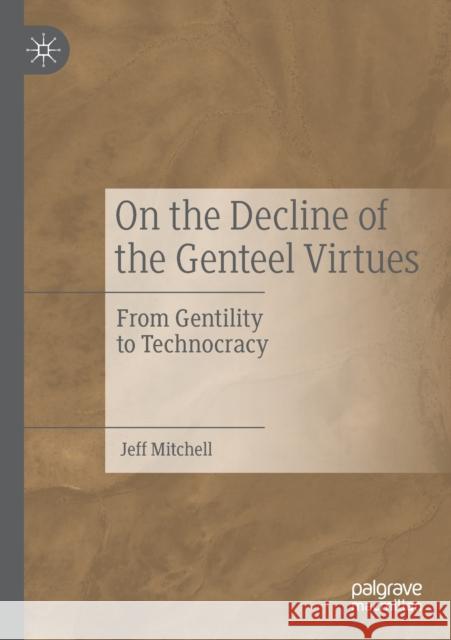On the Decline of the Genteel Virtues: From Gentility to Technocracy » książka
topmenu
On the Decline of the Genteel Virtues: From Gentility to Technocracy
ISBN-13: 9783030203566 / Angielski / Miękka / 2020 / 292 str.
On the Decline of the Genteel Virtues: From Gentility to Technocracy
ISBN-13: 9783030203566 / Angielski / Miękka / 2020 / 292 str.
cena 218,72 zł
(netto: 208,30 VAT: 5%)
Najniższa cena z 30 dni: 218,20 zł
(netto: 208,30 VAT: 5%)
Najniższa cena z 30 dni: 218,20 zł
Termin realizacji zamówienia:
ok. 16-18 dni roboczych.
ok. 16-18 dni roboczych.
Darmowa dostawa!
Kategorie BISAC:
Wydawca:
Palgrave MacMillan
Język:
Angielski
ISBN-13:
9783030203566
Rok wydania:
2020
Wydanie:
2019
Ilość stron:
292
Waga:
0.41 kg
Wymiary:
21.01 x 14.81 x 1.78
Oprawa:
Miękka
Wolumenów:
01
Dodatkowe informacje:
Wydanie ilustrowane











